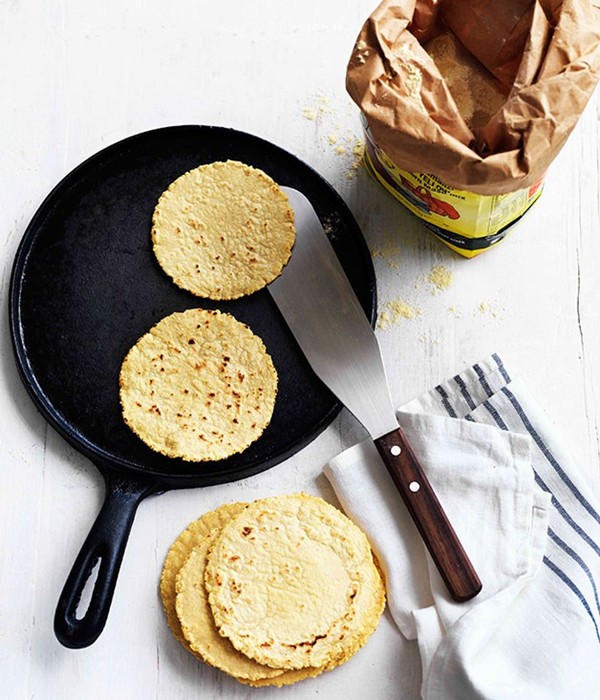The authenticity trap
March 21, 2016 by Darcie
When people look for a restaurant – or a cookbook, for that matter – from a specific country or region, the question of authenticity often arises. You might hear someone ask “Is it real (Mexican/Chinese/Thai/etc) food?” But to think that way is to acquiesce to a stereotype, says Phoenix Times reporter Minerva Orduño Rincón.
Rincón discusses the phenomenon as it applies to Mexican restaurants in her local area and takes issue with what she calls “armchair anthropologists” who “wield the stamp of authenticity fearlessly when it comes to a restaurant’s handmade tortillas, cheap prices, colorful ambiance, and quaintness of the family who owns it.” She notes that these self-proclaimed experts (many of whom have never even been to Mexico) say little about the taste of the food, instead focusing on whether the tortillas are handmade, as if that is the only metric by which one can judge authenticity.
She wonders why is the “American taco-eating public more concerned with the pedigree of their tortillas than the average Mexican? This is perhaps the core of the authenticity debate.” Rincón dismisses those who insist that if the tortillas aren’t handmade the food is inauthentic: “The idea that authenticity starts and ends with homemade tortillas is absolute crap,” she states unequivocally.
Although Rincón takes umbrage at the tortilla issue, her point can be made much more broadly. Authenticity is an elusive characteristics because after all, “cuisine, like culture, evolves to reflect the time in which it exists.” And if the food doesn’t taste good, who cares if it’s authentic?
Photo of Tortillas from Australian Gourmet Traveller magazine
Categories
- All Posts (7079)
- Antipasto (2209)
- Author Articles (250)
- Book News (944)
- Cookbook Giveaways (996)
- Cookbook Lovers (262)
- Cooking Tips (116)
- Culinary News (299)
- Food Biz People (558)
- Food Online (800)
- Holidays & Celebrations (277)
- New Cookbooks (154)
- Recipes (1520)
- Shelf Life With Susie (231)
- What's New on EYB (134)
Archives
Latest Comments
- charcb on For the Love of Lemons by Letitia Clark – Giveaway
- charcb on Balli Balli – Cookbook Giveaway and Quick Bites
- Jane on Introducing libraries to EYB at ALA
- fluffies on For the Love of Lemons by Letitia Clark – Giveaway
- Goulashgirl on Any way you slice it
- ChefClaireFVS on French at Heart – Cookbook Giveaway
- ChefClaireFVS on 20 Amici – 40 Ricette Cookbook Giveaway
- kitchen_chick on Salt Sugar MSG Cookbook Giveaway
- kitchen_chick on Balli Balli – Cookbook Giveaway and Quick Bites
- SCH on Introducing libraries to EYB at ALA